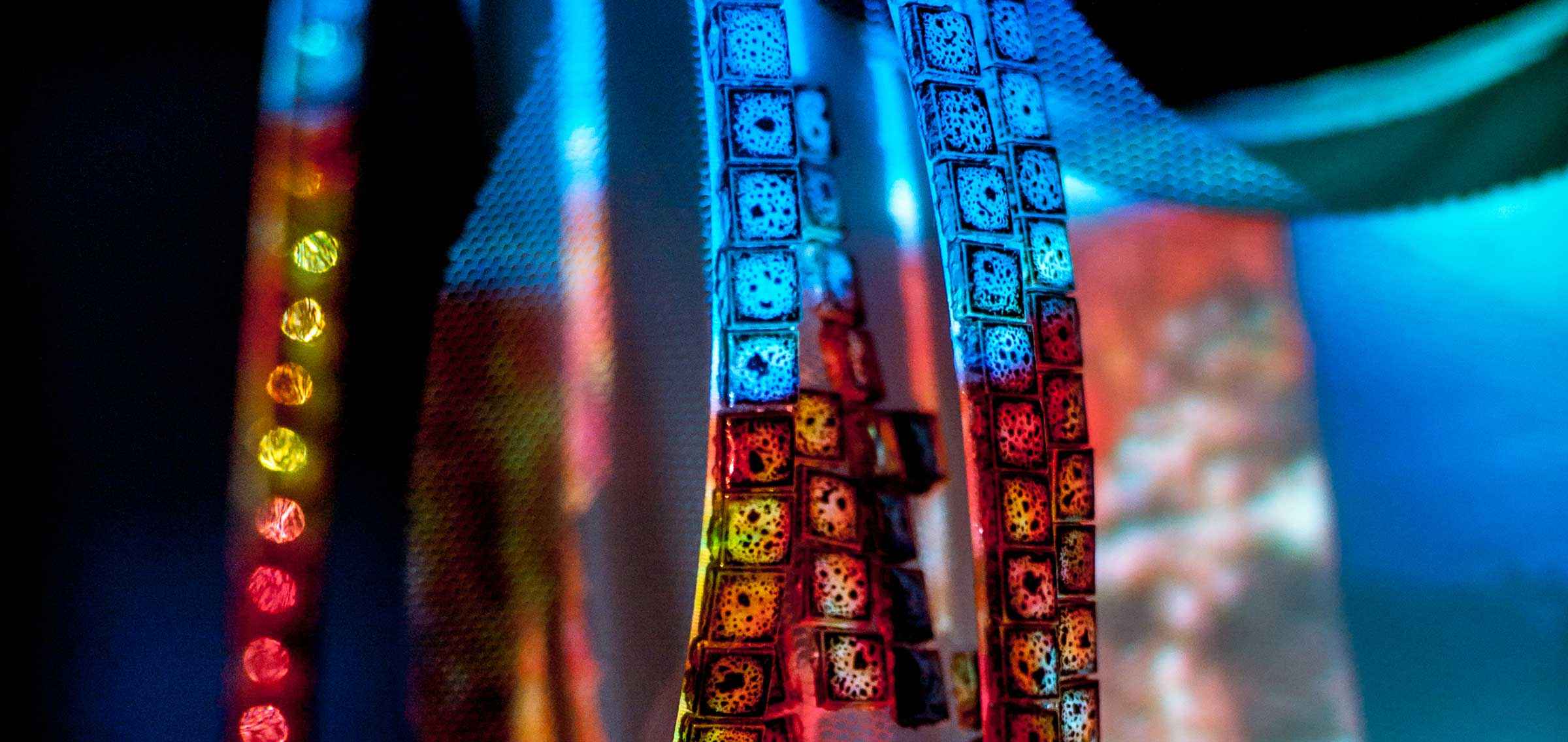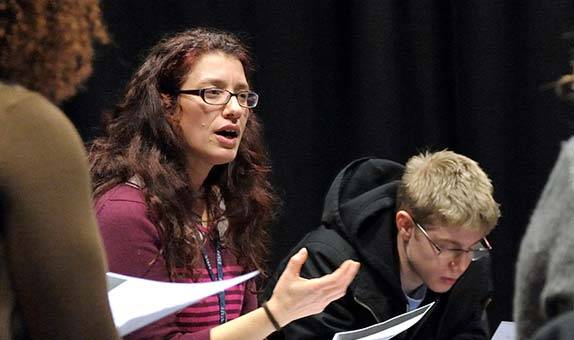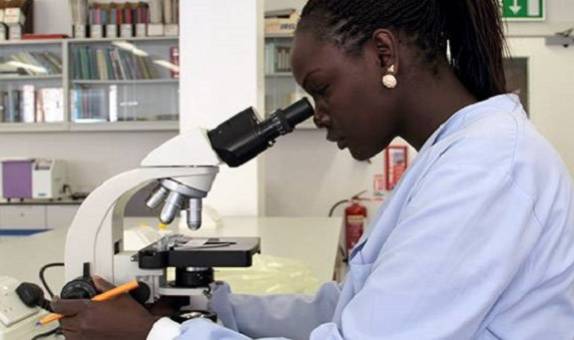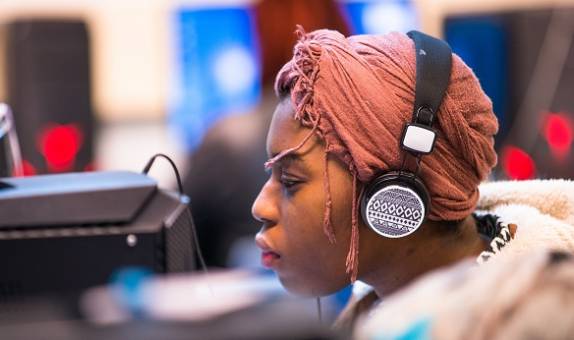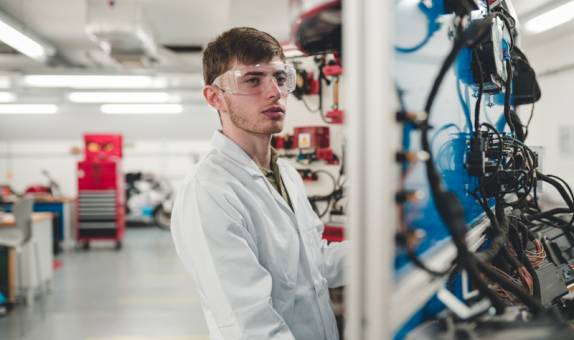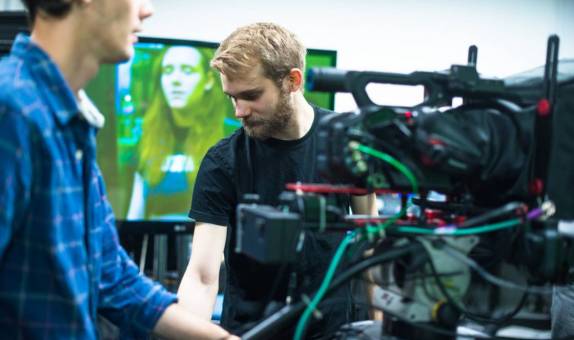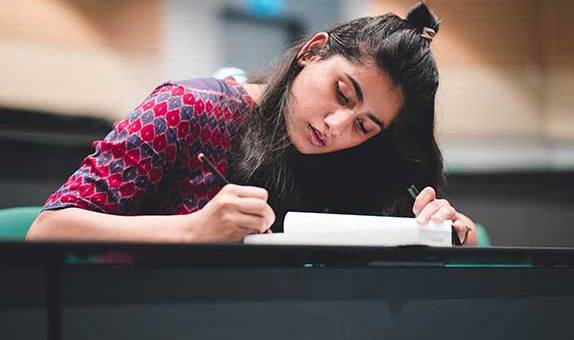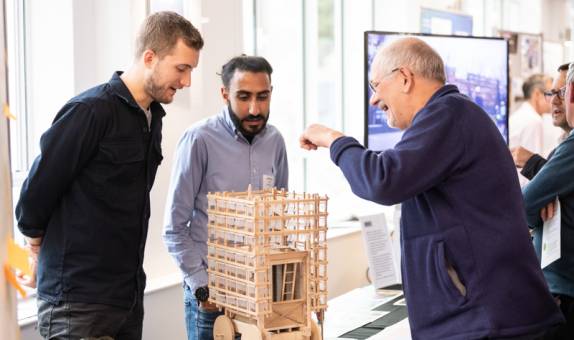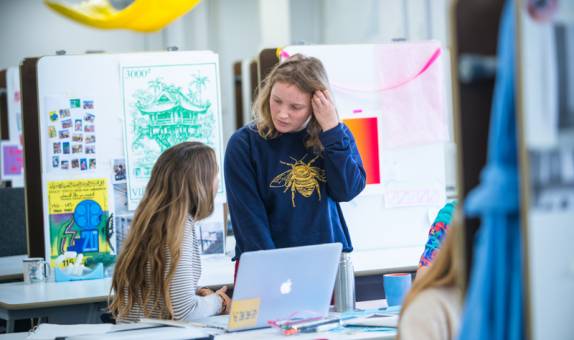Transforming and enabling poetic practice
The Enemies Project
Transforming the arts and culture through the medium of poetry.
Poetry is a reflection of the times. Consequently, in today's increasingly open and globalised world, poetic practices should move away from the individual, isolated mode of writing to create a diverse and inclusive body of work that challenges conventional boundaries.
This is the basis for the Enemies project of Steven J. Fowler, Lecturer in Creative Writing at Kingston University and Director of the Writers' Centre in Kingston. The "enemies" in the project's name refers to the divisions that cultural boundaries and conventions create. Reflective of his various personal poetic collections, Fowler's project has enriched poetry by bringing together 1,240 poets from 16 countries, writing in various languages. The project encourages open dialogue and explores interconnectedness while respecting differences. It also promotes interdisciplinary practices in composing poetry.
Successful engagement with audiences.
The Enemies project joins poetry with technology, enabling public performance by writers from diverse communities who would otherwise be unable to engage in such events. The goal is to reimagine poetry as collaborative and curated. Since its inception, the project has successfully engaged around 22,000 participants including over 400 performers, with audiences of 3,000 (live) and 18,000 (online). The events have also been supported by major UK arts organisations, including the Arts Council England, the British Council, the Wellcome Trust and Creative Scotland. For example, Respites, a project supported by the Wellcome Trust, was carried out in collaboration with charities for the visually and hearing impaired, involving voices from low-income backgrounds and people with disabilities, facilitating a creative and artistic space and resulting in the publication of new works.
Since 2016, Fowler has also conducted an annual photo poetry exhibition and poetry events at the Museum of Futures, a space curated by The Community Brain CIC in Kingston upon Thames. These events have connected local and community artists with professionals, academics and international figures, advancing their reputations of young poets and performers, and democratising the artistic community.
Freedom of expression for diverse works.
In partnership with English PEN (the UK arm of an international NGO campaigning against threats to freedom of expression across the world), the Enemies project also entered the ‘literary activism' space, drawing attention to diverse works by writers facing persecution. Fowler developed and curated English PEN's first Modern Literature Festival in 2016, which has continued yearly. English PEN's programme manager said: "the volume of work produced and performed at the festival was […] unprecedented. [Fowler's] involvement with English PEN has highlighted the value of creating new work with writers at risk and its ability to bring awareness of and stand in solidarity with them."
Since 2016, the Enemies project has also collaborated with artists from Japan, Argentina, Sweden and Portugal to bridge the language diversity gap in the UK's publishing industry. According to the European Council of Literary Translator's Associations, only 3% of books published in the UK are in translation. The Enemies project also paired poets with graphic designers and musicians, facilitating transdisciplinary and cross-cultural collaboration with non-Anglophone artists, and changing the landscape of modern poetic practice.
Many of the project's participants have continued to use Fowler's collaborative model independently in their own practice, winning awards, expanding the model to other countries such as Mexico, Ireland and Norway, and producing positive outcomes in the areas of education, support and inclusivity.
Contact us
- For non-student research enquiries, email the Research Office
- For research impact and REF enquiries, email the REF and Impact Team.
- Research contacts
- How to get to Kingston University
